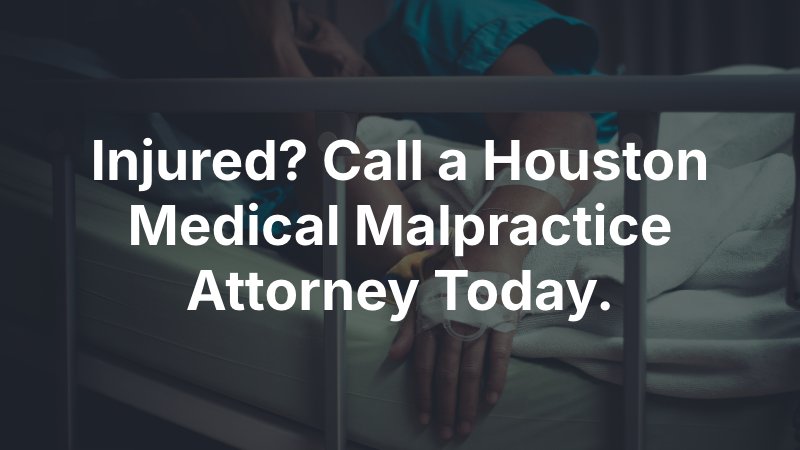Call Now!
(800) 349-0000
Available 24/7/365
Free Consultation
Serving Injured Clients
Since 2000
Since 2000
Contact Us
Request Your Free Consultation and Our Lawyer Will Contact You Within 1 Hour
"*" indicates required fields
* Required Field
